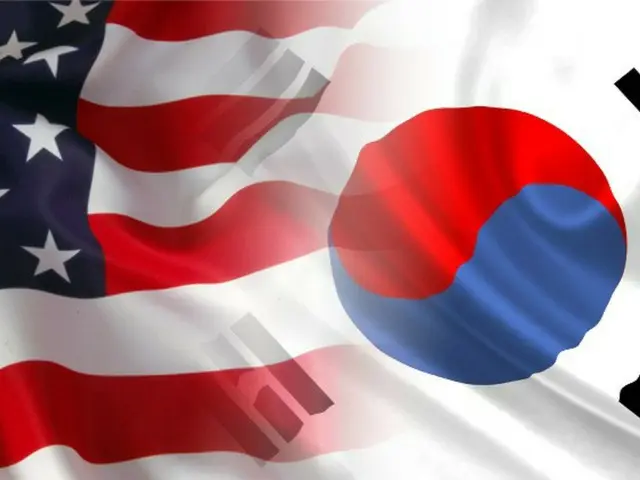The U.S. side is strongly pushing for market liberalization for rice, beef, and other products, and the prevailing feeling is that partial concessions are inevitable.
As a result, attention is focused on how the South Korean government will persuade the domestic agricultural industry and come up with measures to minimize the impact.
According to relevant ministries and agencies, trade officials are set to set a deadline of August 1st for negotiations on U.S. reciprocal tariffs, three days from now.
The negotiations are currently in the final stages ahead of the deadline. The talks also include the opening up of the agricultural and livestock market, which has been protected until now. The South Korean government initially proposed to open up the market to corn instead of rice and beef.
Japan had been considering expanding imports of "agricultural products for fuel" from the United States, but due to increased pressure from the United States, it is expected to completely reconsider opening up its agricultural and livestock imports.
Kim Yong-beom, the presidential policy chief, said on the 25th that the financial and trade talks scheduled to be held between the United States and South Korea were suddenly canceled.
After the talks, an emergency meeting was held and for the first time, Trump made the official statement that "agricultural products were included in the items being negotiated." This was because President Trump had been strongly demanding the abolition of tariff barriers on rice, beef, etc.
Considering that countries that have already completed negotiations with the United States have accepted a certain level of openness in agricultural and livestock products, it is unlikely that Korea will be an exception.
In the past, South Korea's negotiating items, such as beef, have been opened up one after another. Following the presidential office's announcement, there has been strong opposition from the agricultural and livestock industry as well as from the political world.
On the 27th, Democratic Party lawmakers issued a statement saying, "Agriculture should not be used as a negotiating 'offering' in the US-Korea trade negotiations." The Korea Agricultural and Livestock Industry Federation, the Korea General Agricultural Organizations Council, the Livestock Industry Association,
Agriculture and livestock industry groups such as Farmers' Association are also raising their voices in opposition to the plan in front of the Presidential Office in Yongsan. In response to this, the South Korean government is working to find ways to persuade the agricultural industry and to prepare measures to deal with the impact it will have.
Up until now, the Ministry of Agriculture, Food and Rural Affairs has taken measures to supplement domestic demand by opening up the agricultural market, such as by signing free trade agreements (FTAs).
Since the US-Korea FTA was signed in 2007, the agricultural industry has grown to a scale of 23 trillion won (2.45 trillion yen) in the 11 years from 2008 to 2017.
In addition to low-interest loan support, the government has implemented measures to improve production, such as modernizing livestock industry facilities in response to the opening up of beef imports, expanding the feed production base, and introducing a direct payment system to stabilize farmers' incomes.
In addition to financial support, the bill includes the abolition of slaughter tax, tax exemption on livestock income, expansion of tariff-free items for imported feed, and exemptions from tax on livestock farming.
Various tax support measures were also implemented, such as adding oil tax targets and exempting agricultural land conservation from taxes. However, most agricultural measures have already ended or are being scaled down.
The "FTA Damage Protection Direct Payment System" and the "Rural Coexistence Cooperation Fund" introduced by the FTA are scheduled to expire this year and next year, respectively.
The South Korean government is currently preparing measures to deal with the impact on the agricultural industry depending on whether agricultural and livestock products are included in the tariff negotiations.
An official from the Ministry of Agriculture, Food and Rural Affairs said, "We plan to conduct an economic evaluation depending on the outcome of the tariff negotiations and prepare measures to deal with the damage to the agricultural industry."
Professor Kim Han-ho of the Department of Agricultural Sciences at Seoul National University said, "If partial liberalization of the agricultural market is unavoidable,
"If this is the case, the Korean government must persuade the relevant industries to agree to it," he said, emphasizing that "measures to deal with the impact will take time, so we should prepare measures to strengthen competitiveness."
There are.
2025/07/29 09:57 KST
Copyrights(C) Edaily wowkorea.jp 107

